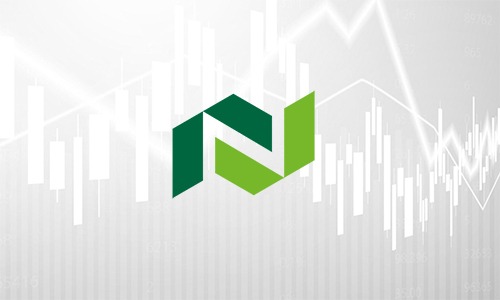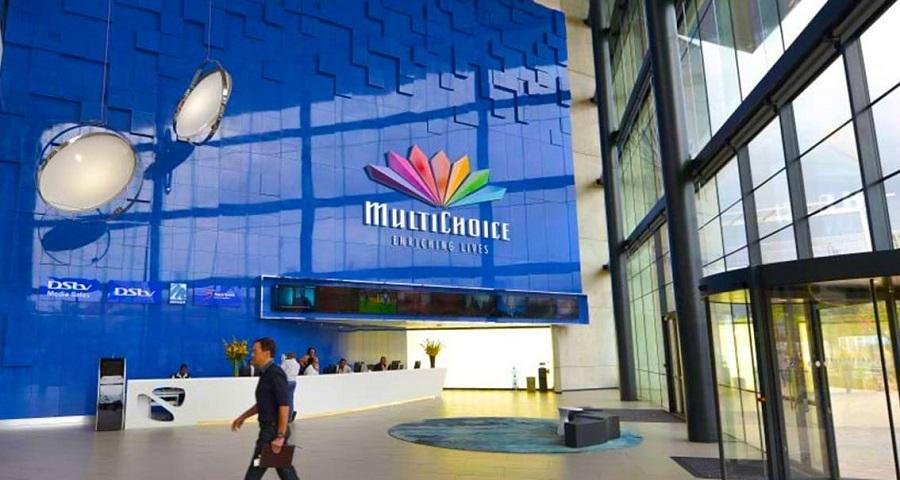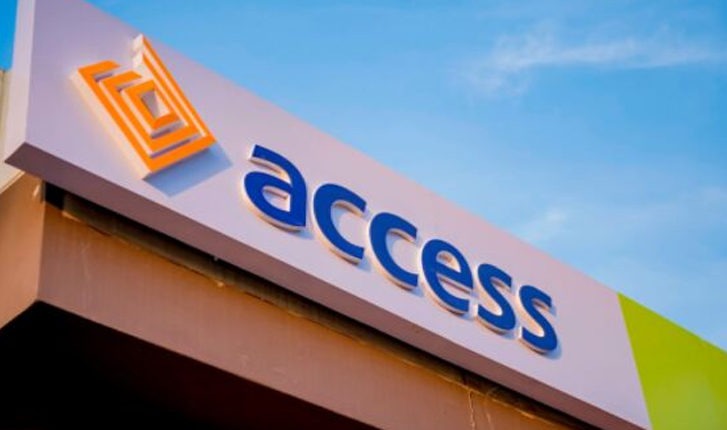Merger and Acquisition
Sub Saharan Africa Mergers and Acquisition Transactions Totalled US$ 7 Billion in Q1 2022

Merger and Acquisition
Nigerian Exchange Group Plc Acquires 5% Stake in Ethiopian Securities Exchange
Merger and Acquisition
Canal+ Makes Bold $2.9 Billion Offer for MultiChoice, Eyes African Expansion
Merger and Acquisition
Access Bank Plc to Acquire National Bank of Kenya Limited in Landmark Deal
-

 Forex2 weeks ago
Forex2 weeks agoZiG to the Rescue: Zimbabwe Shifts Gear with New Currency Backed by Gold
-



 Naira1 week ago
Naira1 week agoDollar to Naira Black Market Today, April 9th, 2024
-

 Naira4 weeks ago
Naira4 weeks agoDollar to Naira Exchange Rate at Black Market Today, March 21st, 2024
-

 Company News4 weeks ago
Company News4 weeks agoNNPC Gears Up for Public Listing, Embraces Full Commercialization
-





 Naira1 week ago
Naira1 week agoDollar to Naira Black Market Today, April 8th, 2024
-

 Billionaire Watch1 week ago
Billionaire Watch1 week agoNigerian Billionaire Tony Elumelu Contemplates Acquiring NPFL Club
-





 Naira1 week ago
Naira1 week agoNaira Hits Eight-Month High at 1,120/$ Amidst Central Bank Reforms
-





 Naira3 weeks ago
Naira3 weeks agoDollar to Naira Black Market Today, March 26th, 2024






















